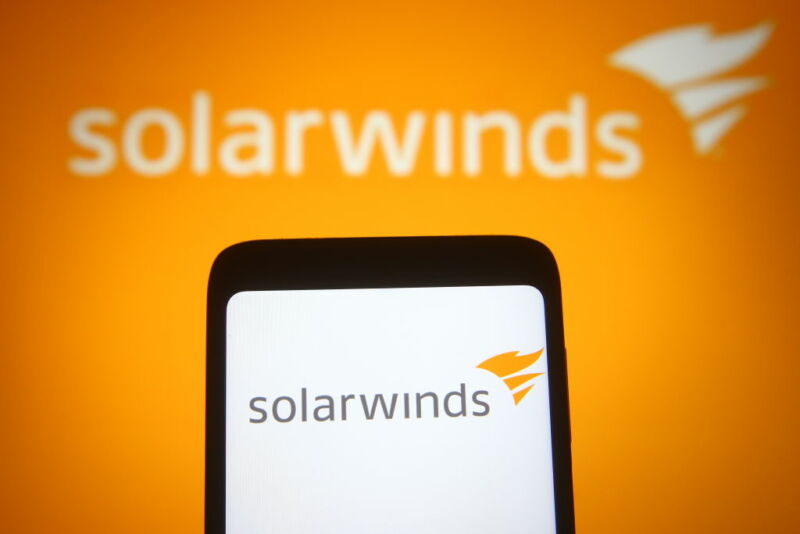 reader comments
reader comments
17 with 15 posters participating
SolarWinds, the company at the center of a supply chain attack that compromised nine US agencies and 100 private companies, is scrambling to contain a new security threat: a critical zero-day vulnerability in its Serv-U product line.
Microsoft discovered the exploits and privately reported them to SolarWinds, the latter company said in an advisory published on Friday. SolarWinds said the attacks are entirely unrelated to the supply chain attack discovered in December.
“Microsoft has provided evidence of limited, targeted customer impact, though SolarWinds does not currently have an estimate of how many customers may be directly affected by the vulnerability,” company officials wrote. “SolarWinds is unaware of the identity of the potentially affected customers.”
Only SolarWinds Serv-U Managed File Transfer and Serv-U Secure FTP—and by extension, the Serv-U Gateway, a component of those two products—are affected by this vulnerability, which allows attackers to remotely execute malicious code on vulnerable systems.
An attacker can gain privileged access to exploited machines hosting Serv-U products and could then install programs; view, change, or delete data; or run programs on the affected system. The vulnerability exists in the latest Serv-U version 15.2.3 HF1, released on May 5, and all prior versions.
here. Disabling SSH access also prevents exploitation.
The federal government has attributed last year’s supply chain attack to hackers working for Russia’s Foreign Intelligence Service, abbreviated as the SVR, which for more than a decade has conducted malware campaigns targeting governments, political think tanks, and other organizations in countries including Germany, Uzbekistan, South Korea, and the US. Targets have included the US State Department and the White House in 2014.
The hackers used that access to push a malicious software update to about 18,000 customers of SolarWinds’ Orion network management product. Of those customers, roughly 110 received a follow-on attack that installed a later-stage payload that exfiltrated proprietary data. The malware installed in the attack campaign is known as Sunburst. Again, SolarWinds said the exploits underway now have no connection.
Late last year, zero-day vulnerabilities in SolarWinds’ Orion product came under exploit by a different set of attackers that researchers have tied to China’s government. Those attackers installed malware that researchers call SuperNova. Threat actors linked to China have also targeted SolarWinds. At least one US government agency was targeted in this operation.






